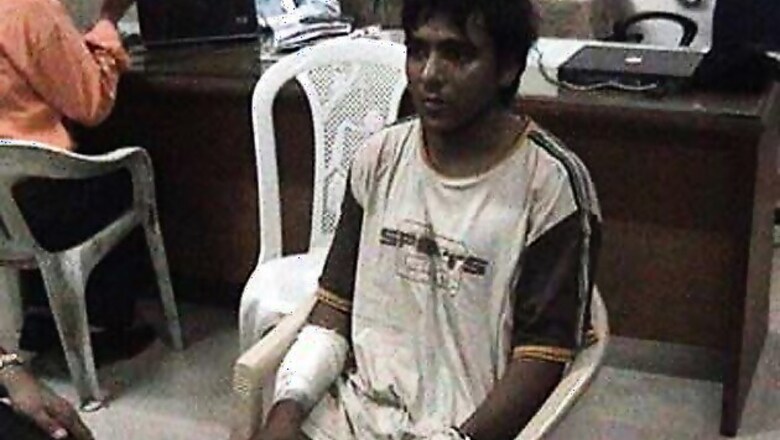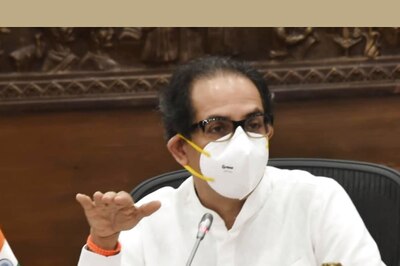
views
New Delhi: The "high professional ethics" of counsel Raju Ramachandran and Gaurav Agrawal, who sought to donate to the legal service authority their fees worth around Rs 15 lakh, earned for helping the court as amicus curae in
deciding the appeal of the 26/11 Mumbai terrorist Ajmal Kasab, on Wednesday won the wholesome praise of the Supreme Court.
Appreciating their gesture, a bench of justices Aftab Alam and CK Prasad asked the Maharashtra government to distribute the fee for the two counsel among family members of the 18 state policemen and other security personnel, who were
killed in the 26/11 anti-terror operations.
"We appreciate the high standards of professional ethics of Shri Raju Ramachandran and Shri Gaurav Agrawal," observed the bench, commending the two advocates' gesture.
It directed that the amount should "be proportionately distributed among the kith and kind of the 18 police personnel and other security personnel killed in the Mumbai carnage."
While upholding the death penalty of the sole surviving Mumbai carnage terrorist Kasab, the court had fixed as token remuneration Rs 11 lakh for senior counsel Ramachandran and Rs 3.5 lakh for advocate Agrawal for their assistance to it as amicus curiae in the matter.
The two advocates, in a joint plea to the bench, sought its permission to return the money, while seeking to donate the same to the apex court's legal service authority.
While holding that the conspiracy for the attack was hatched in Pakistan, the apex court had earlier held Kasab guilty of waging war against the country in the Mumbai terror attack case in which 166 people were killed and said it was
left with no option but to uphold the death sentence.
The bench had earlier dismissed 25-year-old Kasab's plea against his conviction and death sentence confirmed by the Bombay High Court, saying he was given free and fair trial in the case.
"Kasab's confessional statement was very much voluntary except a very small portion," the bench had held. It had also dismissed Kasab's contention that the trial was not fair because the government did not provide him advocate during the time when he was arrested and put on trial.
Kasab along with nine other Pakistani terrorists had landed in south Mumbai on November 26, 2008 night after travelling from Karachi by sea and had gone on a shooting spree at various city landmarks.
While Kasab was the lone terrorist captured alive, the other terrorists in his group were killed by security forces during the counter-terror operations.
Kasab, who is lodged in Arthur Road Prison in Mumbai, was sentenced to death by a special anti-terror court on May 6, 2010.
Kasab's death penalty was upheld on charges of criminal conspiracy, waging war against the nation and various other provisions of the Indian Penal Code and the anti-terror law -- Unlawful Activities (Prevention) Act.

















Comments
0 comment